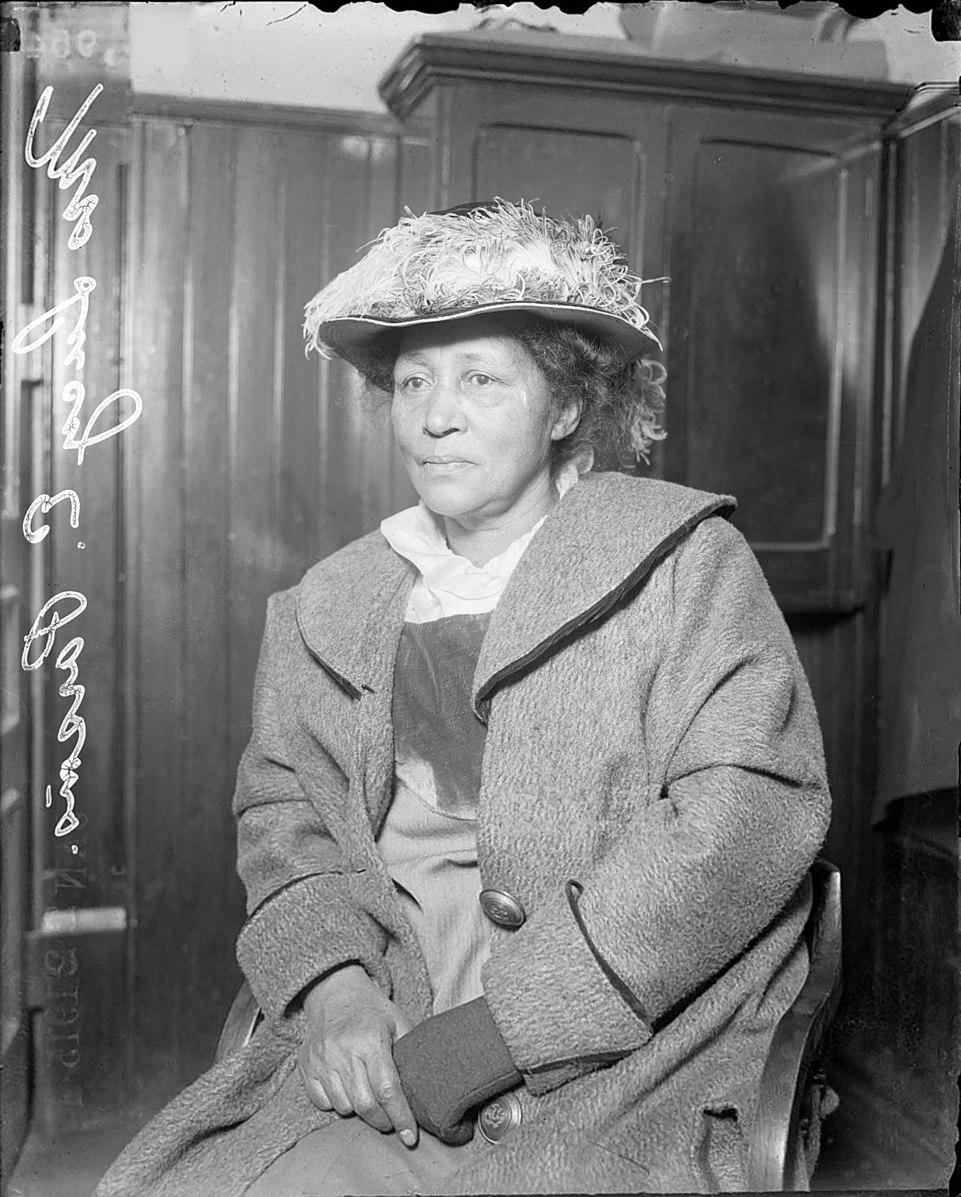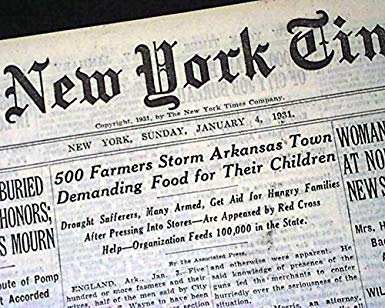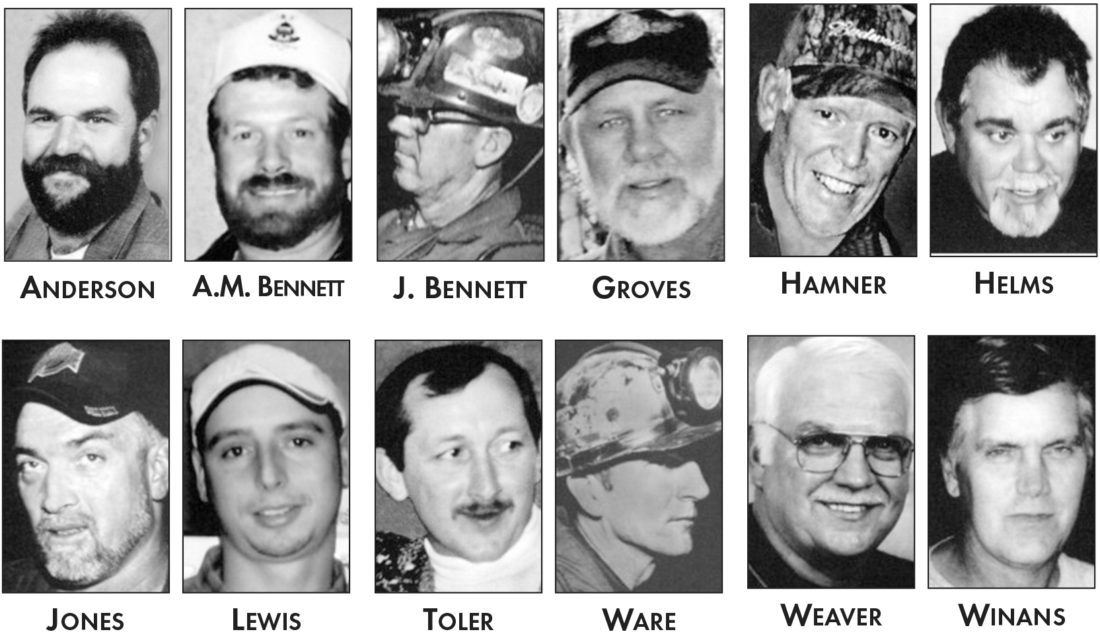
This Day in Labor History: January 18, 1887.
Pinkerton detectives killed a fourteen year old boy in Jersey City, New Jersey during a coal wharves strike. Let's talk about the horror of the Pinkertons, hired guns of capital and who are still around today!
Pinkerton detectives killed a fourteen year old boy in Jersey City, New Jersey during a coal wharves strike. Let's talk about the horror of the Pinkertons, hired guns of capital and who are still around today!

This murder, like so many of the period by the Pinkertons and other agencies developed to protect employer interests from workers, are a sign of the murderous attitude of business, police, and politicians toward American workers during the Gilded Age.
Nothing is more emblematic of these attitudes than the hated Pinkertons.
Allan Pinkerton immigrated from Scotland to the United States in 1841. Ironically, given his future, he left in part because of British repression of the Chartists, which Pinkerton was involved in.
However, his concern for workers dissipated as he established himself in the United States, although he remained a strong abolitionist who directly assisted John Brown with $500 when Brown freed 11 slaves in Missouri in 1858 and needed to get them to Canada.
He began his detective career somewhat by chance, stumbling across a group of counterfeiters in 1847. With the police not paying much attention to this, local merchants paid him to start patrolling for counterfeiters. A career began.
He soon rose to prominence while protecting Abraham Lincoln from assassination on his rail journey from Springfield to Washington after the 1860 election.
He then served as George McClellan’s chief of intelligence, although quite poorly given his overstatement of Confederate forces.
Most importantly for labor history, Pinkerton started a firm that supplemented Chicago’s meager police force, with Pinkerton himself given the power to arrest.
The Pinkertons started working as thugs for companies against strikers in 1866, during a miner’s strike in Braidwood, Illinois. A more serious action took place in the same town in 1874, when miners walked out over wage cuts.
Allan Pinkerton and 20 armed guards came to Braidwood in response. But in this case, Braidwood’s mayor sided with the miners and took away the guns and would not allow the Pinkertons to march in the street. When one hit an old woman, the police arrested him and fined him $100.
Once a group of women attacked Allan Pinkerton, forcing him to flee. This experience led Pinkerton to not hire his forces out for labor strikes for a decade. However, Pinkerton undercover agents were used, particularly against the Molly Maguires.
Allan Pinkerton died in 1884. His sons William and Robert took over the agency and recommitted it to defending industrial facilities during strikes.
This would lead to the Pinkertons’ most notorious period, where it became the agency of choice for capitalists to not only defend their facilities but undermine workplace organization by any means necessary.
This did not mean it was particularly effective because the agency soon acquired such a nasty reputation that its arrival would send local residents into an uproar and often lead to more problems from employers than it was worth.
Local authorities not infrequently arrested Pinkerton agents upon arrival, such as in New Braidsville, Ohio, where 25 Pinkertons were arrested for carrying concealed weapons.
Of course, corporations had a lot of power in the Gilded Age and the Pinkertons were quickly freed and allowed to do what they wanted. But the level of local hostility, including from local law enforcement, was often stark.
In 1885, workers at a McCormick’s Harvester Company plant went on strike. The Pinkertons arrived. Fights happened daily.
At one point, strikers stopped a busload of Pinkerton men and beat them severely, stealing all their weapons. When the Pinkertons finally shot an old man, McCormick had to give in entirely to the strikers and they won the strike.
No small part of the problem was the undisciplined nature of the Pinkertons. They often did not act as a professional police force. They acted as thugs.
They often drank and harassed people with their guns. Many people commented that the men the Pinkertons hired were bad characters to begin with.
In early January 1887, the Philadelphia and Reading Railroad announced a 2 1/2 cent per hour pay cut for its coal handlers. They walked off the job. Railroad officials brought in hundreds of strikebreakers and hired the Pinkertons.
On January 17, the secretary of the Jersey City police board issued more than 100 badges to Pinkertons. Two hundred more were sworn in by the courts to fight strikers in Bayonne. Violence followed in both cities
The mayor of Jersey City immediately demanded the removal of the Pinkertons, fearing this violence. The next day, a Pinkerton shot 14 year old Thomas Hogan, who was not involved in the strike.
Police arrested four Pinkertons for it. The murder solidified labor sentiment around the region. Coal handlers on the other side of the Hudson refused to handle this non-union coal.
Jersey City courts indicted three of the four Pinkertons to the murder, although only one went to trial and he was found innocent. But by this time, the Pinkertons were too afraid to go into Jersey City.
The most notorious Pinkerton action of course came in 1892 at Homestead, when Henry Clay Frick sent the Pinkertons on a boat to attack strikers, an action that led to an all-day shootout between the two sides.
This eventually forced the Pinkertons to surrender after three Pinkertons and ten civilians died, and making the name of the company synonymous with unionbusting to the present.
Politicians such as Tom Watson and William Jennings Bryan were speaking publicly against private guards. The actions at Homestead only raised the level of criticism. The Populists, meeting at the same time in 1892, incorporated an anti-Pinkerton plank into its platform.
The day after Homestead, the House announced it would investigate the action of the agency. The Senate followed suit
These investigations weren’t all that serious–this was the Gilded Age and concerns about private property far outweighed any concern about dead strikers–but once again, the logical conclusion for many employers should have been that hiring Pinkertons was not worth the hassle.
States went farther than Congress, with Montana, Wyoming, Georgia, and Missouri banning the importation of private police from out of state. By 1900, 26 states had similar laws on the books, including Pennsylvania. Many of these laws specifically banned the Pinkertons.
After Homestead the Pinkertons began moving out of the corporate thug business, feeling the damage to the company’s reputation not worth the business. After all, the company’s main business was always catching criminals, not serving as shock forces for capitalists
Still, the Pinkertons remained involved in union-busting by sending its agents out as spies. The Coeur D’Alene strike in Idaho that summer is a key example of Pinkerton spies undermining unions.
But corporations continued to find ways to bust unions, including through private police forces. New agencies popped up, including 20 in Chicago alone.
Most notorious of all the Pinkerton replacements was the vile Baldwin-Felts Agency, murderers of the West Virgina coal country and whose actions helped lead to the Battle of Blair Mountain, the largest domestic insurrection since the Civil War.
I borrowed the material for this thread from Robert Michael Smith, From Blackjacks to Briefcases: A History of Commercialized Strikebreaking and Unionbusting in the United States. Read your labor history!
Back Wednesday to discuss the 1920 Oahu sugar strike
• • •
Missing some Tweet in this thread? You can try to
force a refresh







